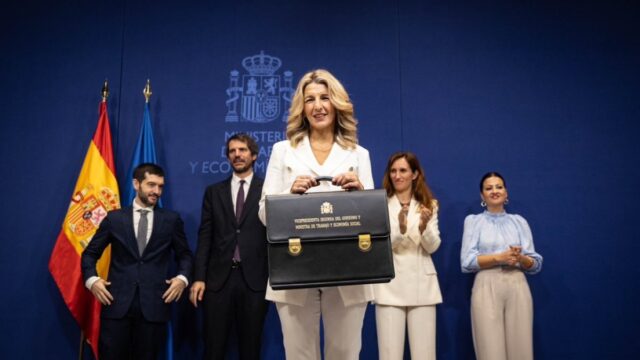Brexit marks one of the biggest crises to face the European Union. The outcome of the upcoming elections will be crucial to Europe’s future. On the one hand, this section will analyse the electoral situation in individual countries, including the formation of a government in Sweden and the parliamentary elections in Belgium, Denmark, Finland, Greece and Poland and the local council elections in Germany, Spain and Turkey. On the other hand, the political developments surrounding the European Parliament elections will be a major focus. Social issues in particular will be discussed with respect to the European left from both country-specific and Europe-wide perspectives, and strategies will be developed that the left can use to counter nationalist and right-wing populist movements.
Brexit marks one of the biggest crises to face the European Union. The outcome of the upcoming elections will be crucial to Europe’s future. On the one hand, this section will analyse the electoral situation in individual countries, including the formation of a government in Sweden and the parliamentary elections in Belgium, Denmark, Finland, Greece and Poland and the local council elections in Germany, Spain and Turkey. On the other hand, the political developments surrounding the European Parliament elections will be a major focus. Social issues in particular will be discussed with respect to the European left from both country-specific and Europe-wide perspectives, and strategies will be developed that the left can use to counter nationalist and right-wing populist movements.








